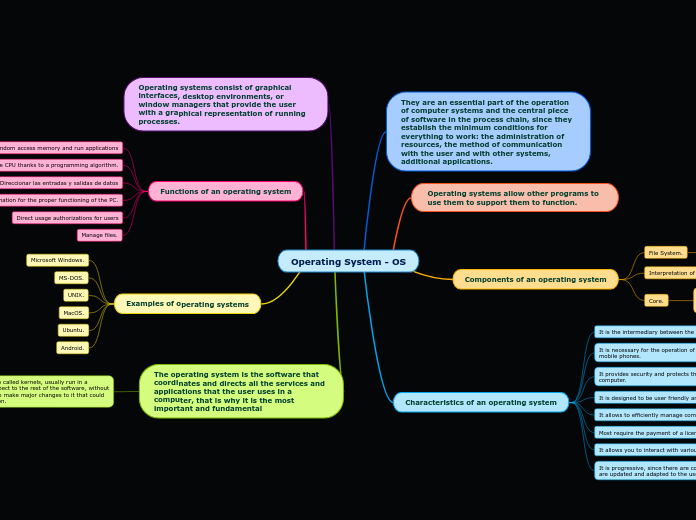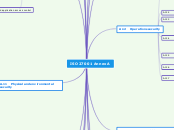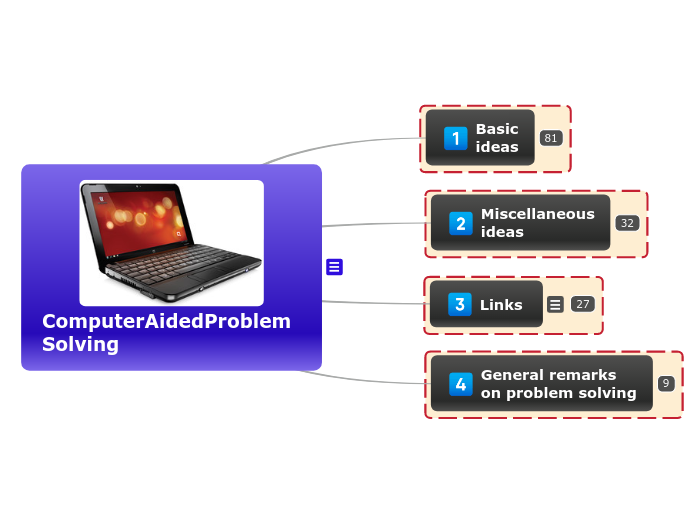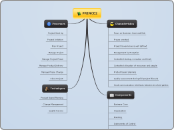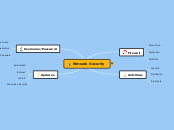por Jesus Anelio Reyes Azuero 4 anos atrás
3977
Operating System - OS
An operating system (OS) is crucial for the functioning of computers, tablets, and mobile phones, allowing users to interact seamlessly with their devices. It manages hardware resources efficiently, provides security to safeguard programs and files, and is designed for ease of use.
